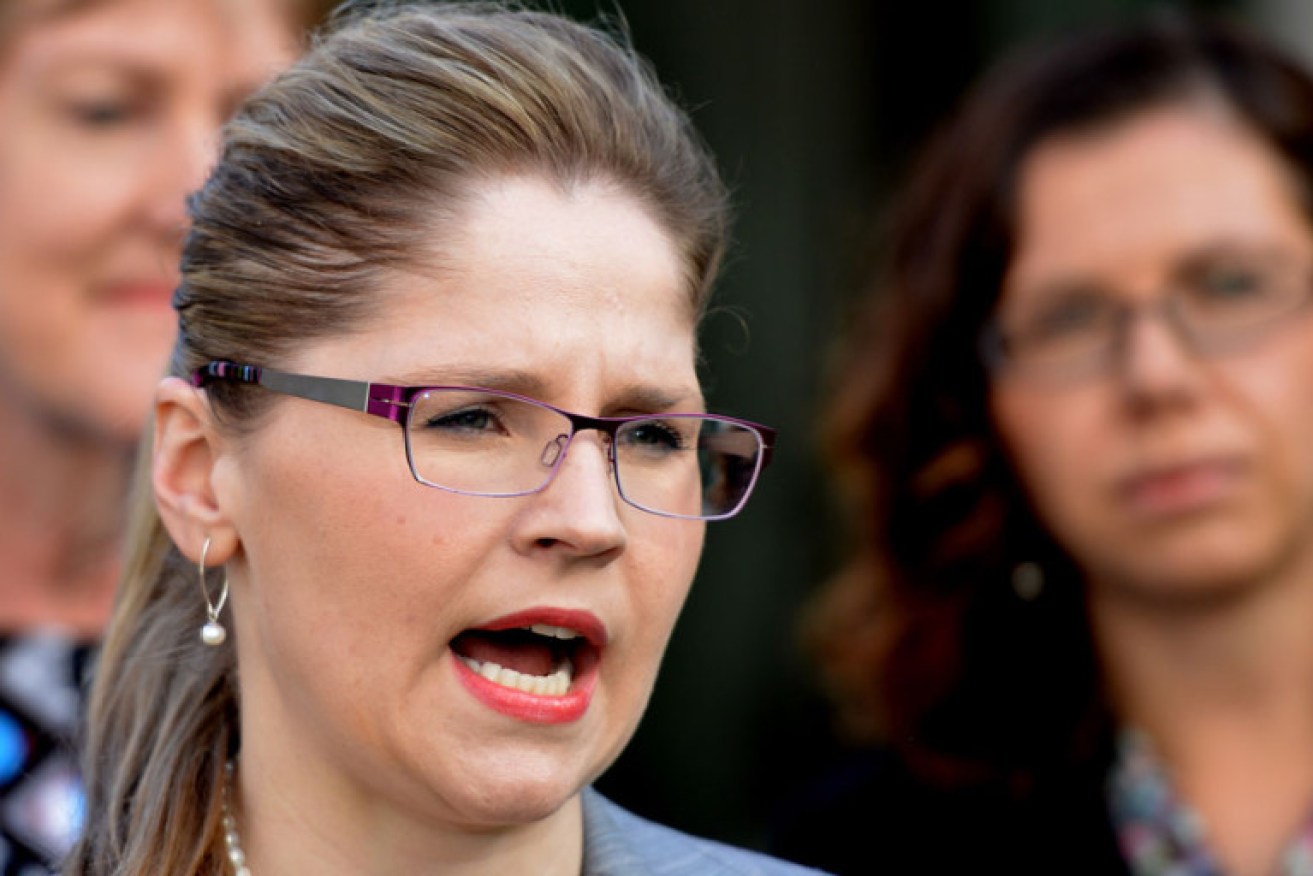Mental health system ‘not integrated’: Chief Psychiatrist


The head of the nurses' union in South Australia Elizabeth Dabars says the Health Department has failed to execute mental health reform.
The state’s Chief Psychiatrist says South Australia’s mental health system is still not properly integrated seven years after reforms to the system began.
Dr Peter Tyllis told InDaily the main reason mental health patients have regularly been confined to emergency department cubicles for several days before being placed in acute psychiatric beds was that the system was not integrated enough to move the patients through it quickly.
“Those delays – and I firmly believe this – that it’s not about number of beds, but how the system actually operates,” he said.
“There’s this discussion about a reduction of beds, but in fact there’s been an increase in the overall beds and places available for mental health consumers since the reforms started.
“Our service changed and the way the staff operate within those new services hadn’t become integrated yet and we had more work to do to bring that about.
“By the time the reforms are completed in 2015, in total there will be an additional 102 beds and places for mental health consumers.”
Tyllis said it was “unacceptable for people to actually spend a long period of time in an emergency department waiting for a bed”.
He rejected claims by emergency department staff that there had been any significant increase in demand from mental health patients arriving at emergency departments over the past year.
“The data that we have got … shows a less than 2 per cent increase in presentations in 2013-14 compared to 2012-13,” Tyllis said.
“That equates to roughly … less than one patient per emergency department in the metro area per week.
“We’re certainly not seeing an increase in demand and we do have fluctuations in length of stay.”
SA Health data shows that 16,949 mental health patients presented to emergency departments in the 2012-13 financial year, whereas 17,270 patients presented in 2013-14.
That’s an increase of 321 patients, or just under two per cent.
“We work together to see to how we can help an area that might be experiencing a higher demand for a period of time, to manage that demand,” said Tyllis.
Reforms to the state’s mental health system began in 2007 with the release of the Stepping Up report by the then Social Inclusion Board.
The report paved the way for a system focused on community-based, rather than institutional mental health care.
CEO of the SA branch of the Australian Nursing and Midwifery Federation Elizabeth Dabars told InDaily this morning that the Health Department had failed to execute the reforms.
She said if the system was not coping with the numbers of mental health patients presenting to emergency departments, the only option was to increase the numbers of acute psychiatric beds.
“Whatever the increase [in mental health patient demand] is, the system is clearly unable to cope with it,” she said.
“If the system is insufficiently integrated … the consequence of that is that you do need more beds, because there simply aren’t the number of beds available to accommodate the number of people requiring services from the system.
“It’s absolutely not good enough.”
South Australian Salaried Medical Officers’ Association spokesperson Bernadette Mulholland said that while the overall number of mental health beds has increased, the number of acute psychiatric beds – used for patients suffering the most extreme psychosis – had been reduced.
“They reduced the acute beds and it’s not worked,” she said.
“The demand is still there and people are still presenting. We need to put all mental health beds at the acute level back into the system.
“The resourcing that the unions were advised would come for integration has not occurred … hence we’re still seeing large numbers of mental health patients presenting at emergency departments.”
Dabars told InDaily the nurses’ union had suggested emergency departments be reconfigured so that mental health patients are separated from general medical patients in hospital emergency departments.
She said this would help reduce the regular threats of violence suffered by hospital workers, but stressed that violent incidents at emergency departments did not relate exclusively to mental health patients.
She said hospital emergency departments are “extremely busy, have lot of bright lights … which is not the most conducive environment for someone with a mental health condition”.
But Tyllis expressed concerns that segregating general medical patients from mental health patients risked increasing stigma against people suffering mental illness.




